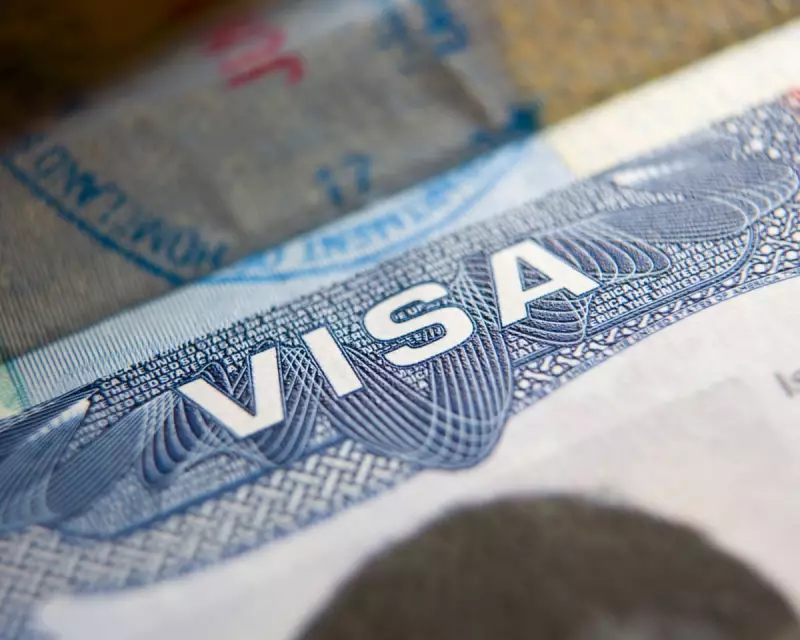
In a characteristically fiery response, former US President Donald Trump has launched a vehement critique against India's recent decision to significantly increase fees for certain American business visas, a move widely interpreted as a direct retaliation against his own proposed policies.
The sharp increase, applying to L-1 and H-1B visa categories crucial for intra-company transfers and skilled professionals, has been branded by Trump not as a strategic economic move, but as a sign of fear. He contends the hike reveals India's apprehension about competing fairly for global talent on a level playing field.
A Tit-for-Tat Visa Fee War
The diplomatic friction centres on a recent Indian government notification that dramatically raises the fee for a five-year B-1 business visa for US nationals to a staggering £1,800, a substantial jump from previous rates. This decision is seen as a direct countermeasure to proposals from the Trump campaign, which have hinted at imposing mandatory fees on H-1B visa applications—a programme heavily utilised by Indian tech workers.
This exchange marks a significant escalation in the ongoing tussle over the movement of skilled labour between the two nations, threatening to impact the deeply intertwined tech sectors of both countries.
'They Can't Compete': Trump's Accusation
Trump's statement, delivered to The Guardian, pulled no punches. He framed India's action as a defensive manoeuvre born from an inability to compete. "This is what happens when they're afraid of American talent and innovation," he stated. "They know they can't compete, so they try to wall themselves off. It's a sign of weakness, not strength."
This rhetoric aligns with his long-standing 'America First' platform, which often portrays international agreements and foreign workers as threats to domestic employment, rather than components of a globalised economy.
Potential Impact on Tech Giants and Professionals
The ramifications of this fee war extend far beyond political posturing. Major technology corporations, from Silicon Valley giants to Indian IT services firms, rely heavily on the H-1B and L-1 visa programmes to facilitate the transfer of crucial personnel.
Sky-high visa costs could:
- Drastically increase operational costs for companies deploying staff between the two countries.
- Create uncertainty and delays for thousands of skilled professionals and their families.
- Force a re-evaluation of investment and hiring strategies in both the US and India.
Industry analysts are watching closely, concerned that these escalating measures could disrupt the flow of talent that has been a cornerstone of the US-India economic partnership for decades.
A New Chapter in US-India Economic Relations?
This spat signals a potential cooling in economic relations, moving away from cooperation and towards protectionism. While previous administrations have navigated similar issues, the blunt and public nature of this exchange suggests a more confrontational path ahead.
Whether this evolves into a full-blown trade dispute or remains a war of words remains to be seen. However, for the tech industry and its workforce caught in the middle, the increased costs and heightened uncertainty are already becoming a very tangible reality.






